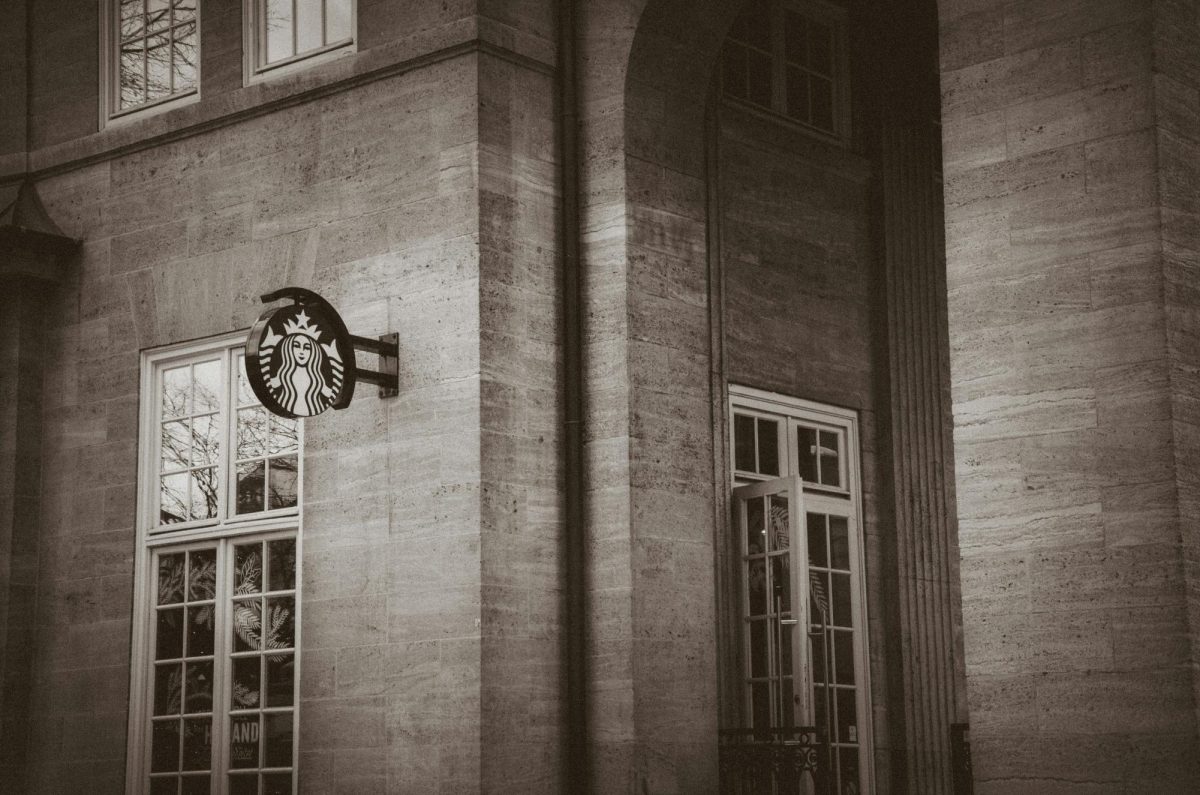In December of 2023, Starbucks lost a little over $10.8 billion in market value in only 24 days. The cooperation entered the past holiday season with shares on a decline of 8.96 percent.
The loss was reflective of a string of global boycotts, a call for action coming from unionized employees retaliating against alleged mistreatment. Participants and protesters demanded improved staffing, better working conditions, and adequate scheduling. Starbucks initially denied all accusations, and claimed the company had hopes to “remain optimistic” amidst inner contention.
However, as the world watched conflict grow between Israel and Palestine, tensions only intensified. What began as a series of organized clap backs targeting Starbucks’ anti-union actions, quickly evolved into a fight for solidarity, one that would fuel the fire of a nationwide movement.
On October 18, 2023, Starbucks filed a lawsuit against Starbucks Workers United, the company’s unionized group of employees. The legal action followed a social media post shared by the organization, advocating support for Palestine.
The post displayed the organization’s logo above an image of a bulldozer demolishing a section of the Israel-Gaza border. The union’s logo holds undeniable similarities to the well-known, circular, green and white trademark belonging to the Starbucks corporation. Starbucks says these similarities have been the cause of consumer confusion regarding the message, and in turn defamation, boycotts, and destruction of company property.
Starbucks claims to have sent a cease-and-desist letter to the international president of Workers United demanding that the corporation’s logo and name be withdrawn from any posts expressing support for Palestine, and a public statement clarifying separation of the union’s “political views” and corporate beliefs be issued on the organizations behalf.
The lawsuit states that the union has refused to comply.
Workers United was quick to retaliate, filing a complaint to the U.S. District Court for the Eastern District of Pennsylvania that same day. The union claims Starbucks has slandered the organization and members’ reputation by issuing statements publicly accusing the group of supporting “terrorism, hate and violence.” The plaintiffs have asked for a jury to evaluate, and issue a judgment regarding continued use of the Starbucks Workers United name and logo. The complaint also revealed an alleged hidden agenda, stating the original lawsuit concerns the furthering of a corporate driven anti-union campaign.
Starbucks has, and continues to, deny any wrongdoing.
Although this action and the consequences are extreme, and very tangible, they may not have been accomplished with the originally intended message in mind.
It seems that a common misconception surrounds boycotts against Starbucks; this is that the cooperation actively supports Israel. According to this measurable chain of legal events, that is seemingly false.
Social media welcomed the Starbucks boycott enthusiastically, and upheld the mission of creating change. One social media user went viral on Instagram, after stealing and defaming a Starbucks sign. The user splattered red paint to resemble handprints, accompanied by a message of blood being on consumers hands. Another location was plastered with anti-Israel stickers and red print reading “this company supports genocide.”
The result of this action is a seemingly untouchable cooperation suffering an extreme financial hit. This is an undeniably powerful accomplishment, one that can be largely credited to an effective spread of information, just an arguably tangled one at that.
Starbucks’ official statement on the matter is that the cooperation “has no political agenda,” despite what they call “false statements spread through the media.” They claim to have not used “profits to fund any government or military operations anywhere,” saying that they “stand for humanity,” and “condemn violence, the loss of innocent life and all hate and weaponized speech.”
Conflict continues with an open lawsuit and no resolution in sight.




Molly • Mar 29, 2024 at 8:10 pm
There are lots of issues with Starbucks as a company and good reasons to boycott them that involve union busting.
However, boycotting Starbucks because they support Israel, doesn’t make sense. I have been to Israel, and there is not a Starbucks insight. In addition to not operating inside Israel, they do not fund the government in anyway.
Your article does a very good job of explaining this false narrative, and diving into the legal issues surrounding the company. This is good reporting on a misunderstood issue! Well done.